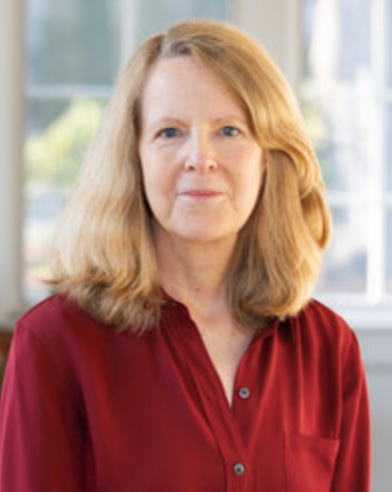Seven years ago, Dorothy Wickenden stopped into the Seward House Museum to tie up some loose ends for her book, “Nothing Daunted, which is a non-fiction book about Wickenden’s grandmother who moved from New York to Colorado to become a teacher. While there she learned about Frances Seward, an abolitionist, who worked with Harriet Tubman, which set another book into motion.
She discovered that Seward and her friend Martha Wright were a part of the underground railroad and worked closely with Harriet Tubman. This story inspired her and moved her to write her next book, “Agitators.”
“So of course I was finishing up my other book so I kind of had to put that to the back of my mind, but I kept thinking how did Harriet Tubman end up getting to know these women?” Wickenden said.
Wickenden’s new book, “Agitators,” functions as a triple autobiography about Frances Seward, Martha Wright, and Harriet Tubman as they journey through abolition.
On Sunday, Wickenden will discuss her book at the Longmont Museum with Professor Ashleigh Lawrence from CU Boulder, who specializes in African American history.
John Veach from the Longmont Museum said he is excited to welcome these women to Longmont and excited to have an important dialgoue about slavery and abolation work.
“So hosting a conversation on three abolitionists around the Civil War and their work to abolish slavery. It seemed like an important conversation to have now because we have seen a rise in hate related crimes and polarization is greater than ever,” Veach said.
During Wickenden’s research she found that the topics the women were addressing were eerily contemporary. For instance, Frances was outraged that only men were able to devise laws to control women.
“It also shows that history which until about 25 years ago was entirely written by white men just left gaping holes in what actually happened and what well over half the population fought, read, believed and did,” Wickenden said.
During the talk Lawrence will discuss Wickenden’s process in writing the book and how that can help inform our understanding of contemporary society.
“I think the idea of contemporary which I think people will be interested in, what she thinks these figures can teach us about contemporary activism or if there is anything they can teach us about contemporary activism,” Lawrence said.
Lawrence hopes that this talk not only about the book, but abolitionist history will encourage people to do more research on African American history and abolition.
“I think you know the role of women in activist work and abolitionists as sort of like our first big human rights movement. I hope they get a takeaway from that and that they want to read even more, read this book if they haven’t, but also read even more about black and white abolitionists in the 19th Century and you know their methods, their arguments and how they shaped, I think activist movements that came after them for decades,” Lawrence said.
Wickenden hopes that this talk and her book will offer new perspectives and education for people about the abolitionist movement and the involvement of women in that movement.
“If you don’t know your own history you can’t truly understand what’s going on right now. The Proud Boys and other white supremacists, they spring directly from our history of slavery in this country and they believe basically the same thing that enslavers believe,” Wickenden said.
After writing this book, Wickenden is hopeful for the future generations because they have access to race education that wasn’t available while she was in school.
“I have high hopes for the younger generation because my generation really just screwed it up and failed to see the direction this country was going in,” Wickenden said.



